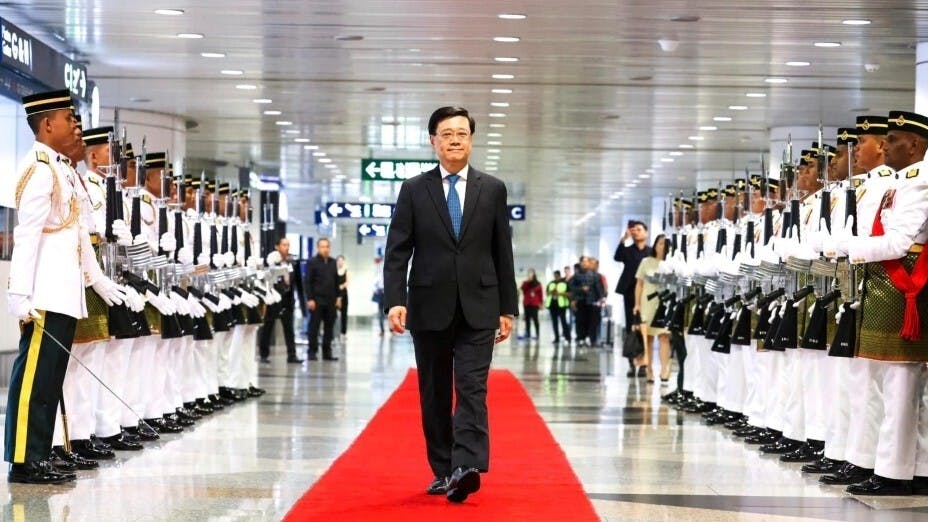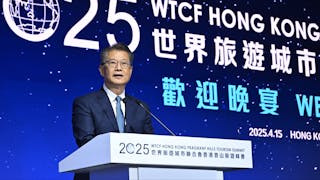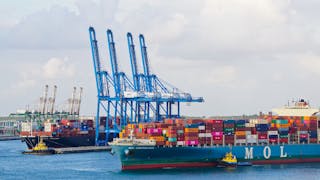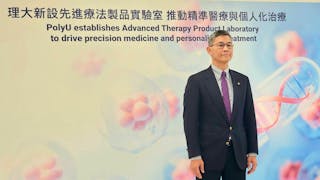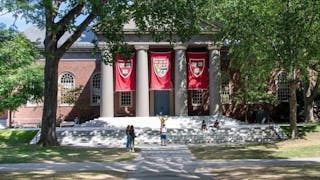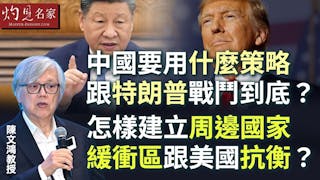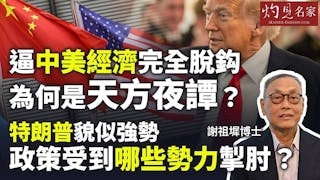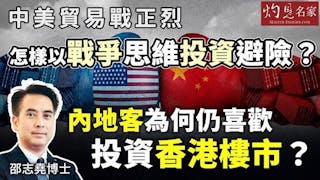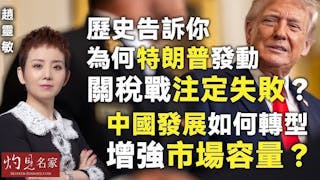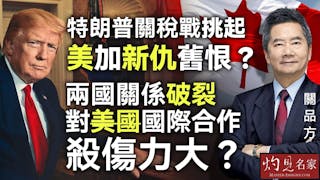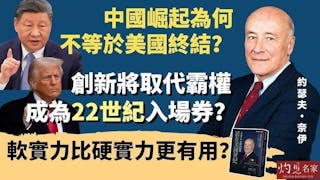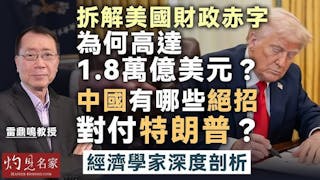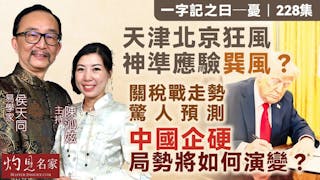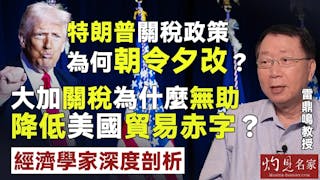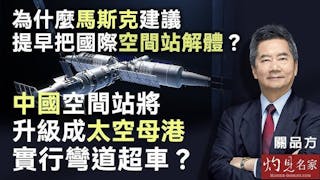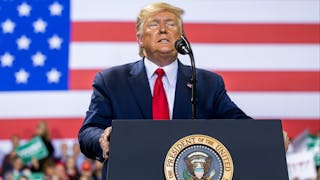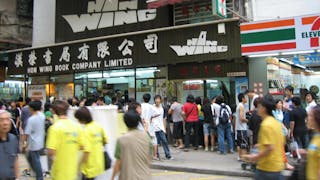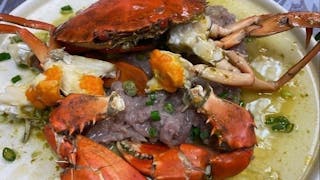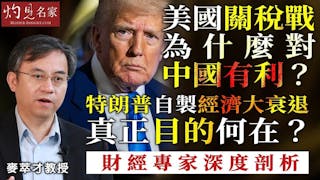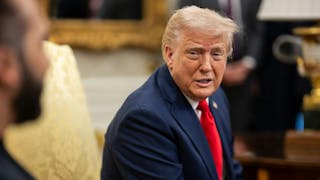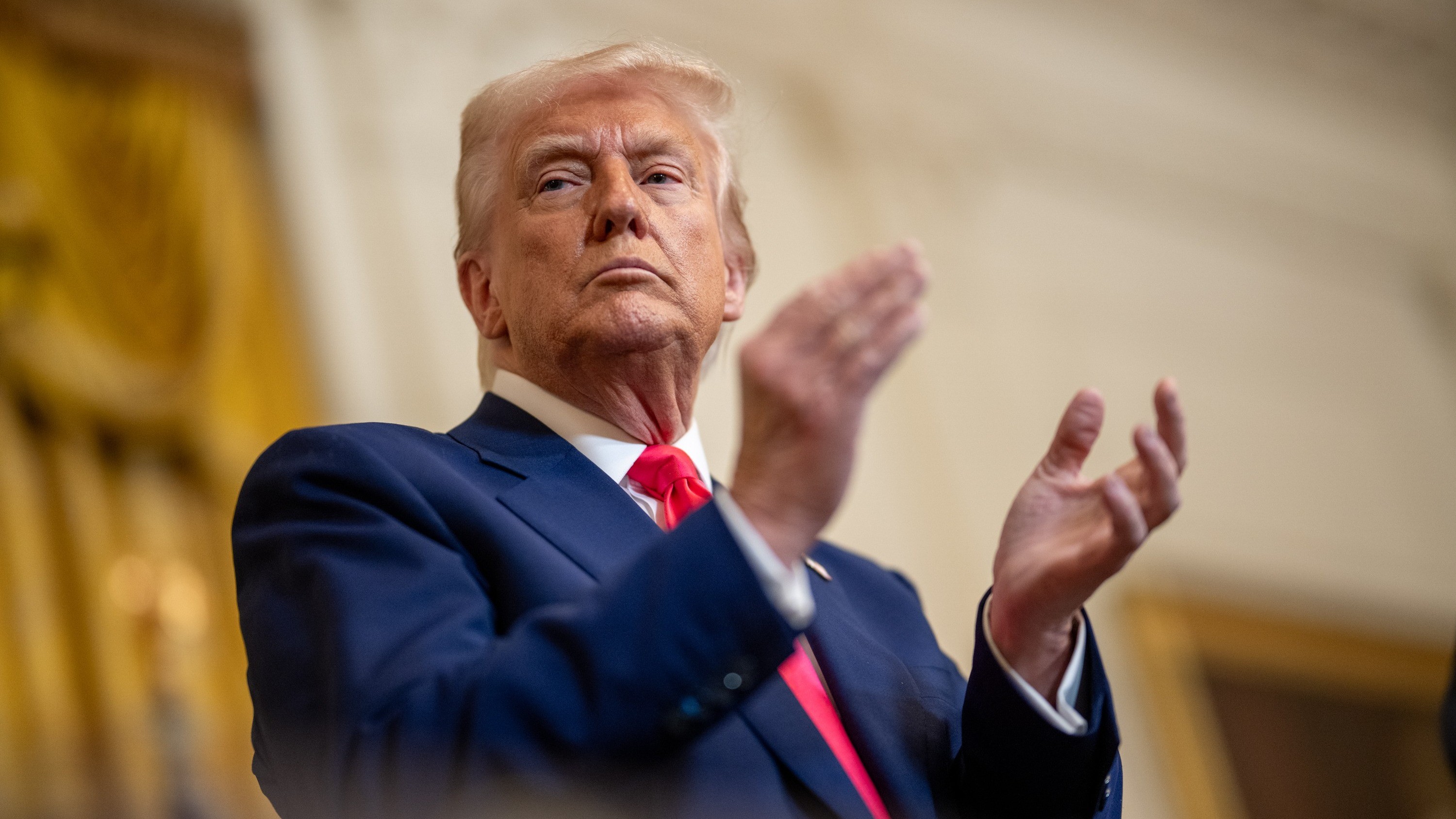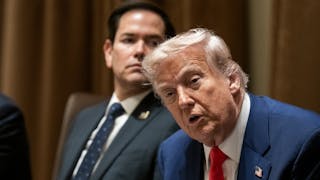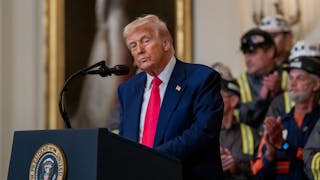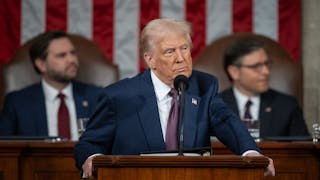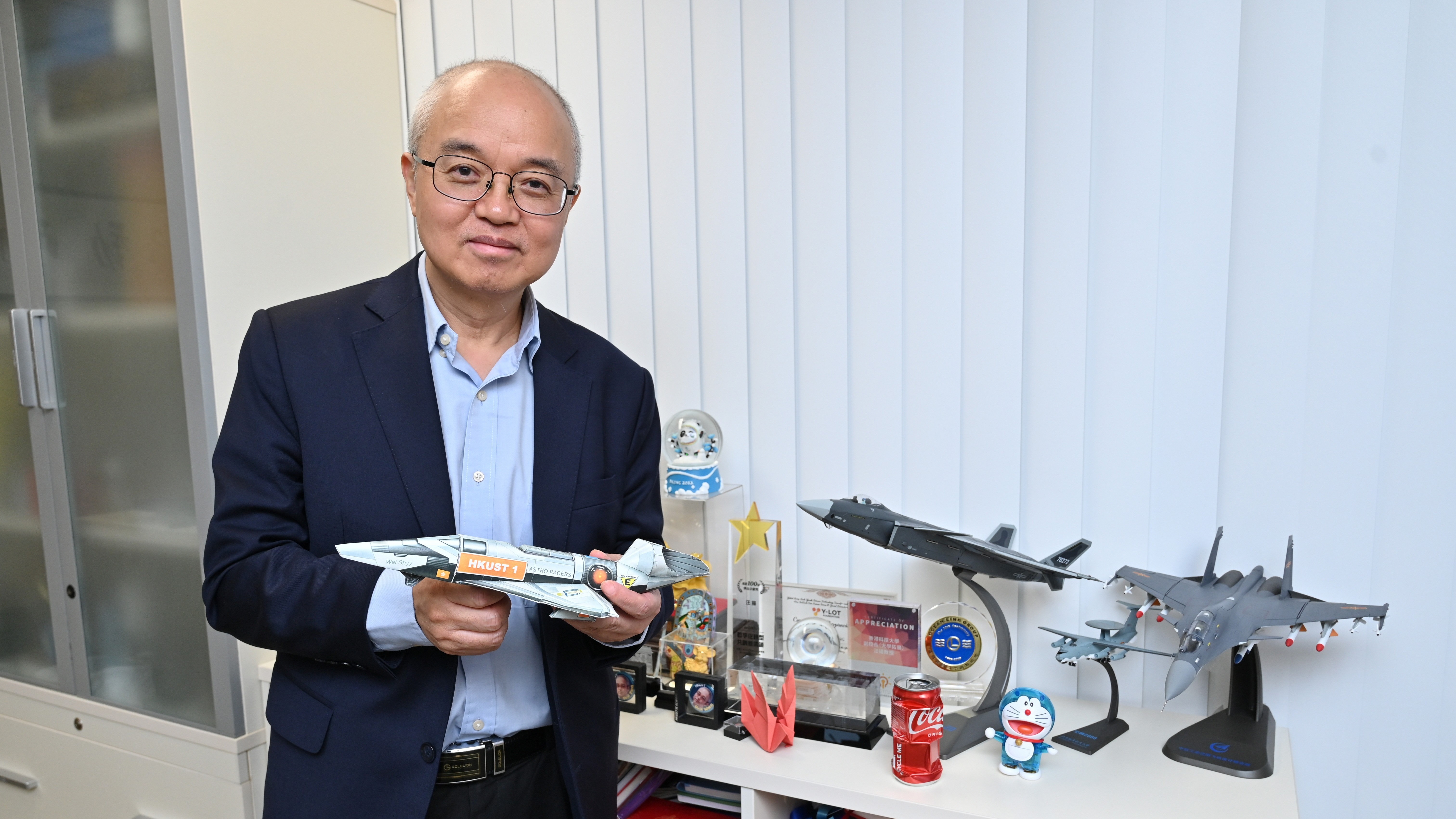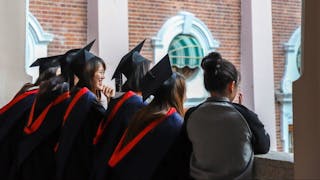行政長官李家超率領的香港特區代表團於7月23日至29日訪問新加坡、印度尼西亞和馬來西亞7天,取得豐碩成果,對香港經濟產生重要影響。
代表團為期一周的訪問與東南亞三個國家達成了33項合作備忘錄和協議,涉及貿易與商業、投資、金融和貨幣發展、創新科技、物流供應、學術研究和文化交流等廣泛領域。
代表團與新加坡、印尼、馬來西亞三國領導就建立友誼、加強溝通、開展多維度合作達成共識,並與東盟秘書處建立了更密切的溝通。
香港還恢復了與新加坡政府的公務員交流計劃,該計劃在新冠疫情期間暫停。
簽署多項協議 加強廣泛交流
有意思的是,新加坡、印尼和馬來西亞三個國家均表示支持香港申請加入《區域全面經濟伙伴關係協定》(RCEP)。李家超表示感謝,指決定令人鼓舞,並希望東盟國家能夠考慮經濟影響、區域合作及香港的貢獻和優勢,而不是出於政治考慮。他又說,特區政府會致力爭取東盟各成員國對香港申請加入RCEP的支持。
馬來西亞政府同意,持有香港特別行政區護照的香港人,前往馬來西亞的免簽證入境期限將從一個月延長至90天,這項協議將惠及所有香港特別行政區護照持有人。
另一方面,李家超鼓勵東盟三國的工商界人士充分利用香港作為他們在大灣區開展業務和投資的重要平台,為他們提供更多拓展業務至香港及大灣區城市的機會。
在馬來西亞,李家超在香港貿易發展局舉辦的午宴上表示,香港特區的優勢在於有中國作為東南亞商人和企業家的後院和平台。此行與馬來西亞企業達成了11項協議,涵蓋貿易、商業、金融和貨幣領域、鐵路和房地產開發、數字化轉型及創新和技術領域。
香港與馬來西亞在航空及物流供應鏈方面開展合作。馬來西亞交通部希望吉隆坡機場加強與香港特區機場的合作,特別是沙巴的海鮮可以從香港這個重要的中轉站出口到世界其他地區。中馬雙贏的經濟關係明顯進一步擴大。
香港天文台還探討如何與印度尼西亞天文台合作,改進天氣預報技術。
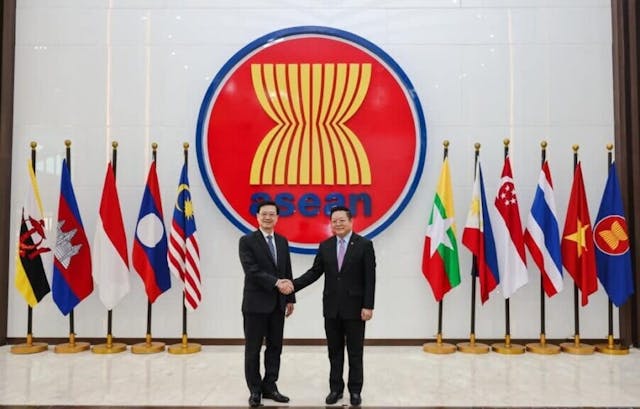
事實上,2022年香港與東盟的貿易額已達12940億港元,其中有超過80家總部設於東盟地區的企業在香港交易所上市。正如李家超所說,香港仍然是國際金融貨幣中心和航運貿易中心,也是解決商業糾紛、法律爭端的仲裁中心,這些都可以服務東盟。此外,香港還是東西方文化藝術交流中心,也是東盟國家進入中國龐大市場的窗口。李家超表示,一國兩制不僅對香港而且對東南亞國家來說仍然具有獨特的優勢。
港鐵公司與馬來西亞捷運公司在當地簽署合作備忘錄,將在武吉查卡(Bukit Chagar)捷運站建設一個新社區,共同開發鐵路、住宅和商業領域。這是一個令人鼓舞的跡象,表明港鐵的成功經驗,連同其商業和房地產發展,可以被視為香港向馬來西亞的知識轉移。
7月24日,李家超應新加坡總理李顯龍邀請共進午餐,並與新加坡副總理兼財政部長黃循財共進早餐。雙方肯定港新友好關係的重要性,同意兩地加強金融科技、監管信息共享及粵港澳大灣區合作。
香港政府代表團與新加坡工商聯合總會、新加坡區塊鏈協會、全球創業網絡、覓瑞集團(Mirxes Holding Company Limited)、新加坡零售商協會,以及新加坡國立大學等等7個當地機構及企業共同簽署7項合作諒解備忘錄。李家超與邁進集團(Meinhardt Group)行政主席Shahzad Nasim等會面,鼓勵他們增加在香港和內地的投資。邁進集團曾參與香港多個基建項目,包括香港國際機場客運大樓東翼大堂、港鐵西九龍站及柯士甸站等。
7天訪問 對香港意義重大
總體而言,李家超率領的香港政府代表團的7天訪問,對香港特區具有重要的意義。
首先,代表團成功強調香港為東盟三個國家提供的巨大機遇,特別是香港作為新加坡、馬來西亞和印度尼西亞在香港和大灣區投資,以及通過香港出口產品到世界各地的重要窗口和門戶。
第二,香港成功加強了與東盟三個國家的經貿關係。
第三,香港與新加坡將恢復兩地公務員的培訓和交流,突顯培養治港精英的重要性。
第四,李家超率領的香港政府代表團,可以說是繼中共中央外辦主任、新任外交部長王毅7月13日至15日出席在印尼雅加達舉行的第24屆「東盟+3」外長會議後的重要後續行動。
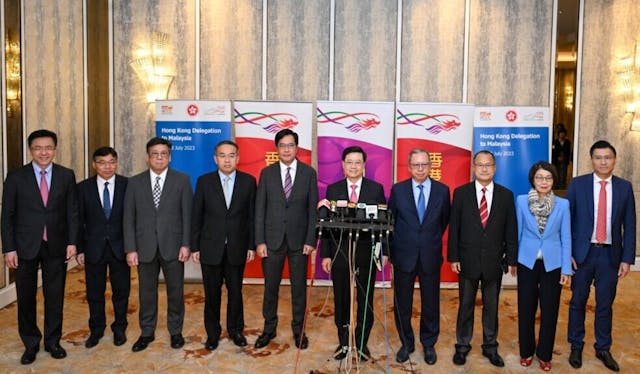
王毅在外長會議上提出了幾點重要觀點:(一)加強與東盟的友好合作關係,中國樂於成為東南亞第一個簽署防核擴散協議的國家; (二)堅持構建開放的區域貿易集團,加快與東盟自貿區建設,加強東盟與海南自由貿易港和大灣區的關係;(三)中國與東盟貿易合作潛力的實現; (四)通過尊重《南海各方行為宣言》,共同維護地區和平與穩定; (五)共同應對糧食、能源供應等全球性挑戰。 此外,王毅還表示,中方向RCEP提供經濟援助,包括可持續發展、緊急時期衛生物流和食品供應、扶貧合作等。
最重要的是,為了香港的利益,王毅表示中方支持香港加入RCEP。
因此,李家超此次出訪東盟三個重要國家,可視為特區政府為推動香港申請加入RCEP而採取的必要而及時的後續行動。
不過,目前尚不清楚東盟國家是否會擔心,如果允許香港加入RCEP,中國將在東盟擁有兩票,從而擴大中國的「影響力」。
此外,鑑於香港與日本之間的貿易關係,一方面因禁止從福島進口日本食品而存在爭議,另一方面,中國與日本與之間也因同一問題而存在爭議。中國和香港特區如何獲得日本的支持加入RCEP,仍有待觀察。
總的來說,李家超率團訪問新加坡、印尼和馬來西亞,從商業角度來看無疑是成果豐碩,但從嘗試加入RCEP的角度來看,北京和香港當局將如何遊說東盟國家提供更多支持,還有待觀察。
The Hong Kong Delegation to Singapore, Indonesia and Malaysia
The 7-day delegation led by Chief Executive John Lee to Singapore, Indonesia and Malaysia from July 23 to July 29 had fruitful results and important economic implications for the Hong Kong Special Administrative Region (HKSAR).
The one-week delegation reached 33 cooperative memoranda and agreements with the three countries in Southeast Asia, including a wide range of areas such as trade and commerce, investment, finance and monetary development, innovation and technology, logistics supply, academic research, and cultural exchange.
There was a consensus with the political leaders of Singapore, Indonesia, and Malaysia on the construction of friendship, the enhancement of communication and the multiple dimensions of collaboration. Stronger communication with the ASEAN secretariat was established.
The HKSAR also resumes the plan of civil servants’ exchange with the Singapore government, although the plan was terminated during Covid-19.
Most interestingly, the three countries of Singapore, Indonesia and Malaysia affirmed their support of Hong Kong to apply for admission to Regional Comprehensive Economic Partnership (RCEP). Mr. John Lee expressed his view that this is an encouraging move, and that he hopes the ASEAN states would consider economic implications, regional cooperation and Hong Kong’s contributions and advantages instead of having political considerations. Lee added that the HKSAR would strive to acquire the support of each member state of ASEAN for Hong Kong’s application to join the RCEP.
The Malaysian government has agreed to extend the period of visa free entry of Hong Kong people who hold HKSAR passport and who visit Malaysia from one month to 90 days – an agreement that will benefit all HKSAR passport holders.
On the other hand, John Lee encouraged the businesspeople in these three countries to fully utilize Hong Kong as an important platform for them to conduct business and to make investment in the Greater Bay Area (GBA), thereby providing more opportunities for them to expand their business in Hong Kong and the GBA cities.
He said during a luncheon organized by the Hong Kong Trade Development Council in Malaysia that the HKSAR has an advantage of having its motherland, China, as the backyard and platform for Southeast Asian businesspeople and entrepreneurs. As a result, eleven agreements with Malaysian enterprises were reached, covering the areas of trade, commerce, finance and monetary sectors, railway and property development, digital transformation and innovation and technology.
Hong Kong and Malaysia cooperate in aviation and logistical supply chain. The Malaysian government’s transport ministry hoped that the airport in Kuala Lumpur would strengthen cooperation with the airport in the HKSAR, especially as the seafood in Sabah could be exported to other parts of the world from the important transit point of Hong Kong. Clearly, a win-win economic relationship is expanded further.
The Royal Observatory of Hong Kong also explores how it can and will cooperate with its counterpart in Indonesia to improve the techniques of making weather forecasts.
In fact, the trade volumes between Hong Kong and the ASEAN states have already reached HK$1,294 billion in 2022, including some 80 enterprises’ headquarters in ASEAN being listed in the Hong Kong exchange and clearing market. As John Lee remarked, Hong Kong remains an international financial and monetary centre and a shipping trade centre. Hong Kong is a good regional arbitration centre to deal with commercial disputes – a position that can serve the ASEAN. Furthermore, Hong Kong represents a cultural and art exchange centre between the East and the West, while serving as a window for ASEAN states to go into the huge China market. According to John Lee, the “one country, two systems” remains a unique advantage for not only Hong Kong but also Southeast Asian states.
In Malaysia, the Hong Kong MTR Corporation reached an agreement with the Malaysian counterpart to develop the railway, residence, and commercial sector together in a new community located at the Bukit Chagar Rapid Transit Station. This was an encouraging sign, showing that the success of the Hong Kong MTR experiences, together with its commercial and property development, can be regarded as knowledge transfer from the HKSAR to Malaysia.
On July 24, John Lee was invited to lunch by Singapore Prime Minister Lee Hsien Loong and to breakfast by Singapore’s deputy prime minister and finance minister Lawrence Wong. Both sides affirmed the importance of the warm ties between Singapore and Hong Kong and agreed that the two places would enhance cooperation on fintech, information sharing in supervisory and regulatory matters, and in the collaboration in the Guangdong-Hong Kong-Macau Greater Bay Area.
Th Hong Kong delegation reached seven important trade and commercial agreements with the Singaporean side, including the Singapore Business Federation, the Blockchain Association, the Global Entrepreneurship Network, the Mirxes Holding Company Limited, the Singapore Retail Association as well as the National University of Singapore. When John Lee met the chief executive officer of the Meinhardt Group, namely Shahzad Nasim, the former told the latter to increase its investment in Hong Kong and the mainland. The Meinhardt Group in the past participated in many infrastructure projects in Hong Kong, including the Hong Kong international airport and the MTR station in West Kowloon and Austin.
Overall, the 7-day visit of the Hong Kong delegation led by John Lee has significant implications for the HKSAR.
First, the delegation succeeded in emphasizing the vast opportunities provided by the HKSAR to the three countries of ASEAN, especially Hong Kong as a crucial window and gateway for Singapore, Malaysia, and Indonesia to invest in Hong Kong and the GBA, and to export their goods to other parts of the world through Hong Kong.
Second, business relations have been successfully enhanced between the HKSAR and the three countries of ASEAN.
Third, the training and exchange of permanent secretaries between Hong Kong and Singapore will be resumed, signalling the importance of nurturing the elites who govern the HKSAR.
Fourth, John Lee’s delegation can be regarded as an essential follow-up action after the visit of Wang Yi, the director of the Beijing’s Foreign Affairs Office and recently the reappointed Foreign Minister of China, who from July 13 to 15 attended the foreign ministers’ meeting of the 24th ASEAN plus Three in Jakarta, Indonesia.
Wang Yi made several important points during the ministerial meeting: (1) the enhancement of friendly and cooperative relations with ASEAN as China would be delighted to be the first state singing the non-nuclear proliferation agreement in Southeast Asia; (2) the persistence in forming an open regional trade bloc in which China would like to accelerate the development of a free trade zone with ASEAN and to strengthen ASEAN’s relations with Hainan free trade port and the GBA; (3) the realization of cooperative trade potential between China and ASEAN; (4) the mutual protection of regional peace and stability through the respect of the declaration of state behaviour in South Seas; and (5) the mutual response to global challenges including food and energy supply. Furthermore, Wang Yi expressed China’s provision of economic aid to RCEP, including sustainable development, the supply of health logistics and food in the emergency period, and the cooperation in poverty alleviation.
Most importantly, in the interest of Hong Kong, Wang Yi expressed China’s support of Hong Kong to enter RCEP.
Hence, John Lee’s delegation visit to the three important ASEAN states can be seen as a necessary and prompt follow-up action by the HKSAR authorities to pursue the application of Hong Kong to join RCEP.
However, it is not known whether any ASEAN state may have a concern about the possibility that, if Hong Kong were allowed to join RCEP, China would have two votes in the ASEAN and therefore expand its “influence.”
Moreover, given the sour trade relations between Japan and Hong Kong due to the controversies over the ban of Japanese food import from Fukushima on the one hand and between Japan and China over the same issue on the other hand, it remains to be seen how China and the HKSAR will acquire the support of Japan for Hong Kong’s entry into ASEAN.
In conclusion, the delegation led by John Lee to Singapore, Indonesia and Malaysia had undoubtedly fruitful results from the business perspective. From the perspective of attempting to join RCEP, it remains to be seen how China and the HKSAR authorities will lobby for more support from ASEAN states.
原刊於澳門新聞通訊社(MNA)網站,本社獲作者授權轉載。原文網址:https://www.macaubusiness.com/opinion-the-hong-kong-delegation-to-singapore-indonesia-and-malaysia/



